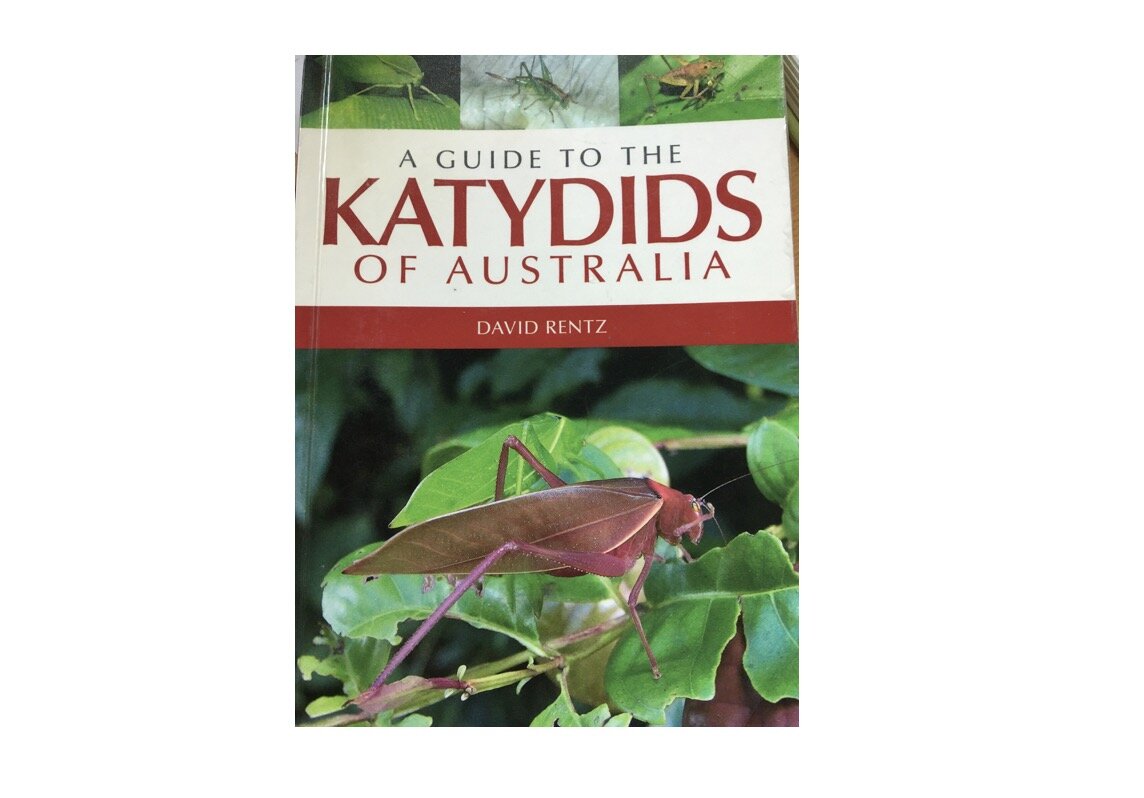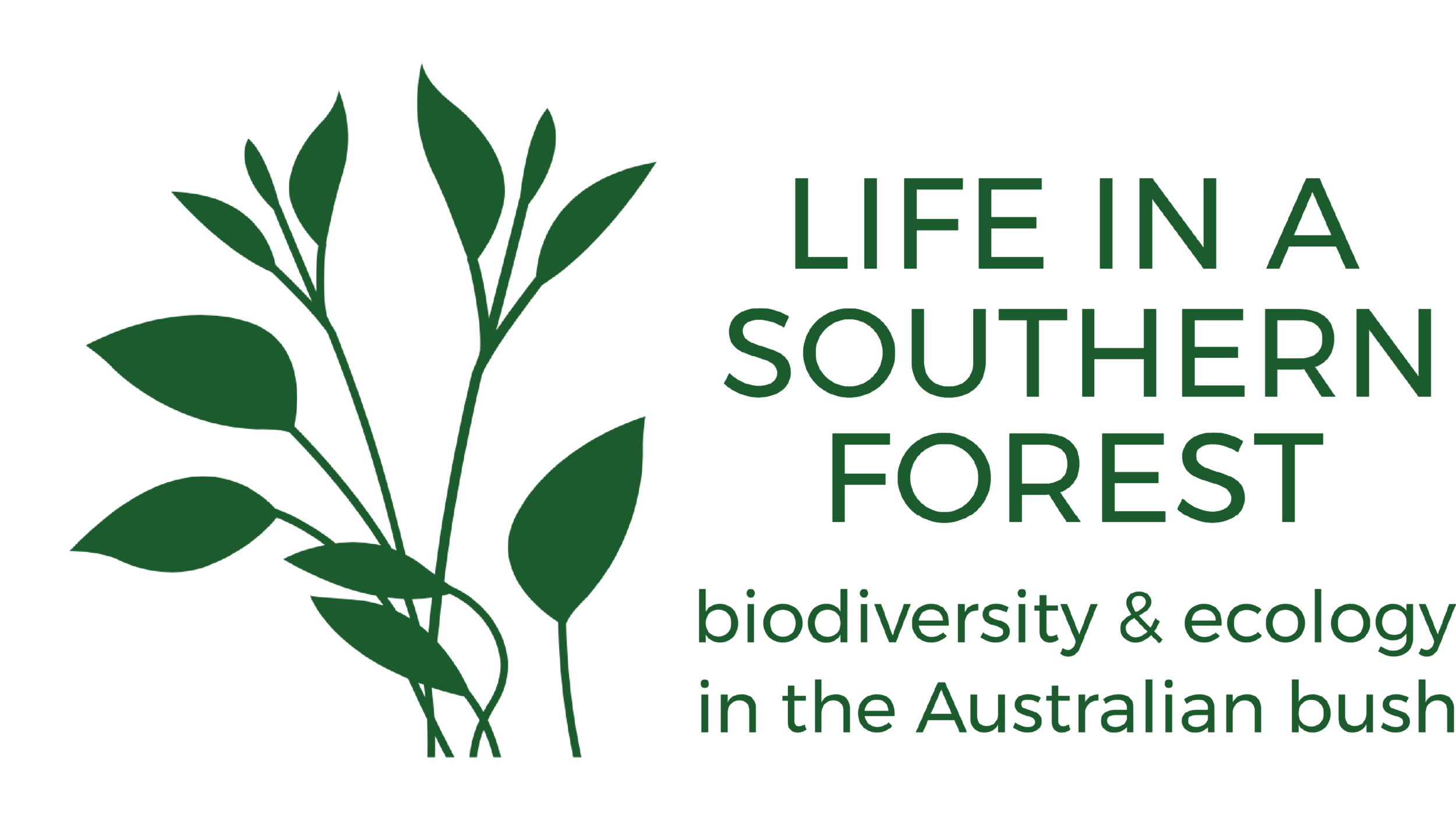Diastella, Phaneropterinae

Workbook
Characters of subfamily Phanteropterinae
from Rentz A Guide to the Katydids of Australia p.162
head rounded, not usually slanted or frontally flattened
fore tibia in section square, especially apically
pro sternum unarmed
ovipositor variable in size and shape but usually sickle-like
Genus Diastella
Brunner von Wattenwyl 1878
Diastella can be distinguished by the noticeably wider tegmina on both sides of the midline and their associated peculiar venation. It also differs from Caedicia in possessing relatively short and thick femora on the forelegs.
(“Es zeichnet sich durch die jenseits der Mitte deutlich erweiterten Deckflügel aus, womit auch die Eigentthümlichkeit des Geäders zusammenhängt und unterscheidet sich ferner von Caedicia durch die relativ kurzen und breiten Vorderschenkel.”)
From Tepper, JG (1891-2) The Phaneropteridae of Australia and Polynesia. Trans. Royal Soc. South Australia. v.15.
elytra widest in about 1/3 part of their length from the apex
radial branch forked at or near the base
fore tibiae sulcate (marked with parallel grooves) and unarmed, excepting the apical spine
all femora spinulose below
short broad anterior femora
from Rentz A Guide to the Katydids of Australia p.162
tegmen narrower in the basal third than in the distal third
tegmen slightly bowed in the middle on the posterior margin
some species have speckled tibiae
the species Diastella kuranda has a short ovipositor, which barely protrudes from the abdomen. at rest the legs are tucked close to the body and the tegmina are slightly tilted upwards.
Rentz, D.C.F., Y. Su & Ueshima. 2008. Zootaxa 1964:25 - check to see whether this paper does a revision of this taxon. they probably don’t. the abstract suggests that they only describe new species.
Diastella latifolia
from Brunner von Wattenwyl 1878. fig. 56
pale green
antennae, and fore and middle legs brownish yellow marbled with brown
rear tibiae with subfusco-bifasciatae
elytra leathery and opaque
dorsal side of abdomen purplish
male length body 23mm
length pronotum 6mm
length elytra 39mm
length elytra in apical third part 12mm
length rear femora 21mm
male - a. wing. b. anterior view of head
From Tepper, JG (1891-2) The Phaneropteridae of Australia and Polynesia. Trans. Royal Soc. South Australia. v.15.
pale green
antennae, and fore and middle legs brownish yellow marbled with brown
length of body - male 23mm:
length of pronotum - male 6mm
length of elytra - male 39mm
width of elytra - male 12mm
length of hind femora - male 21mm
This is a workbook page … a part of our website where we record the observations and references used in making species identifications. The notes will not necessarily be complete. They are a record for our own use, but we are happy to share this information with others.

